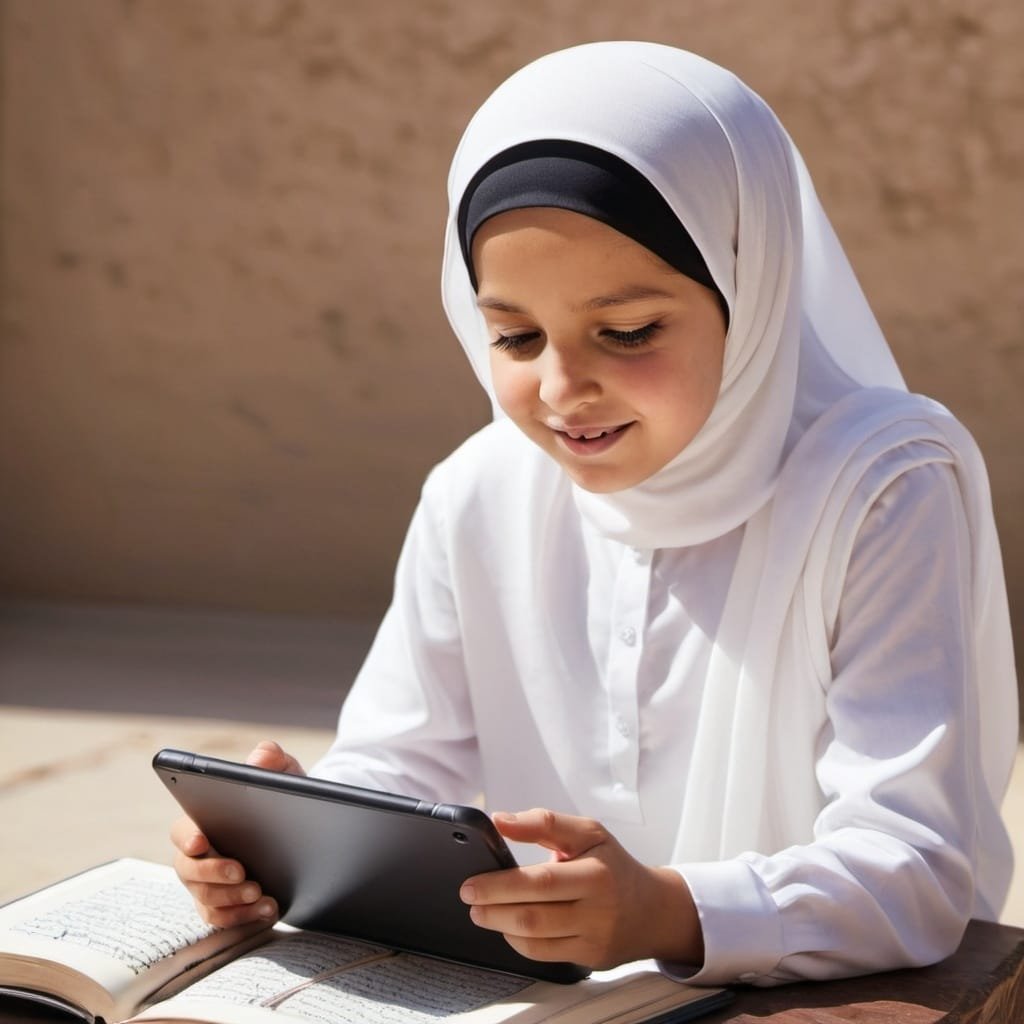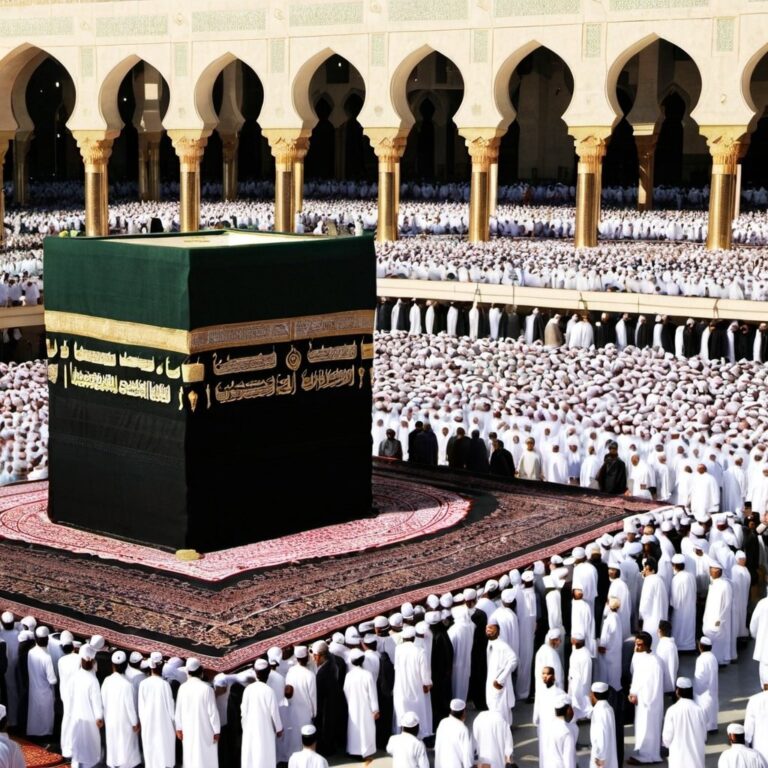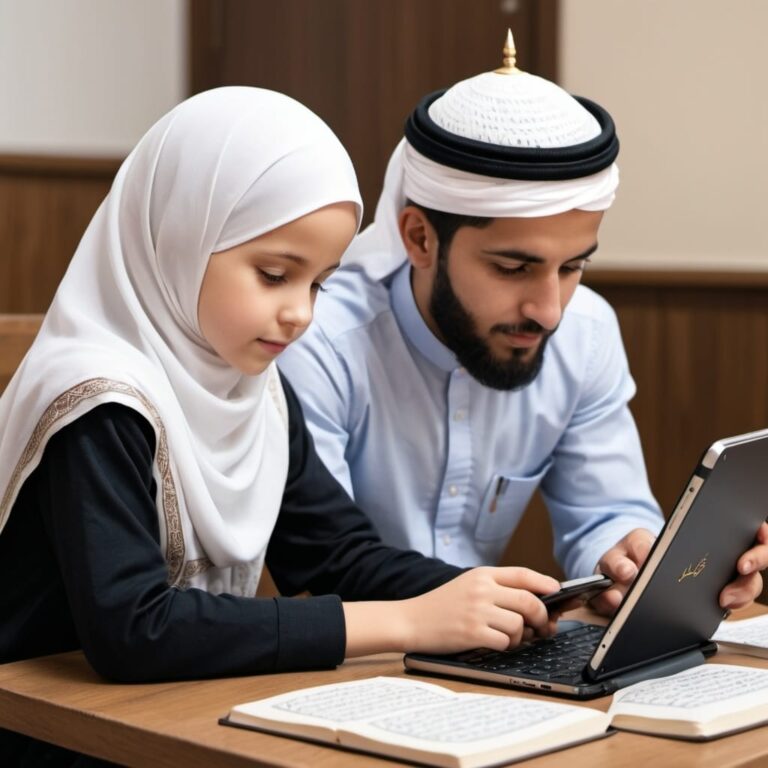Path to Inner Peace Repentance and Forgiveness inside the Quran
Introduction to Repentance and Forgiveness in Quran
Imagine a life wherein wrongs can be righted and hearts mended through the simple acts of repentance and forgiveness. The Quran, Islam’s holy e book, gives a profound framework on these standards, guiding Muslims towards a extra enjoyable and non violent life. For Muslims, young and old, living in the UK or anywhere else, information repentance and forgiveness is important for religious increase and network concord.
In this weblog publish, we can discover what the Quran says about repentance and forgiveness. We will discover practical steps to are seeking for them, share high-quality tales, deal with misconceptions, and talk their impact on mental fitness and community bonds. By the end of this text, you’ll have a deeper know-how of the way those divine principles can transform your life.

Understanding the Quranic Framework on Repentance
The Quran speaks substantially approximately repentance (Tawbah) and forgiveness (Maghfirah), emphasizing their significance in a Muslim’s life. Repentance is not just about announcing sorry; it’s far a honest go back to Allah, seeking His mercy and striving to keep away from sin within the destiny.
The Concept of Tawbah
Tawbah, derived from the Arabic root “taaba,” means to go back. In the Quran, Allah invites believers to turn lower back to Him after committing sins. Surah Al-Baqarah (2:222) states, “Indeed, Allah loves those who are constantly repentant and loves those who purify themselves.” This verse highlights that repentance is an act of purification, an awful lot loved by way of Allah.
The Promise of Forgiveness
The Quran reassures believers that Allah’s mercy is huge and His forgiveness is constantly available. Surah Az-Zumar (39:53) announces, “Say, ‘O My servants who’ve transgressed towards themselves [by sinning], do now not despair of the mercy of Allah. Indeed, Allah forgives all sins. Indeed, it’s miles He who is the Forgiving, the Merciful.’” This verse underscores that no sin is simply too excellent to be forgiven if one sincerely repents.
Conditions for True Repentance
True repentance in Islam involves some critical situations:
- Sincerity: One must without a doubt experience remorse for their sins.
- Immediate Cessation: The sinful act ought to be stopped right now.
- Firm Resolution: There have to be a firm goal no longer to repeat the sin.
- Restitution (if relevant): If the sin entails the rights of others, which include robbery, restitution should be made.
The Importance of Repentance and Forgiveness within the Life of a Muslim
Repentance and forgiveness hold sizable fee in a Muslim’s lifestyles. They are not handiest acts of obedience however also keys to spiritual and ethical development.
Spiritual Cleansing
Regular repentance cleanses the soul from the stains of sin. It keeps the coronary heart gentle and receptive to divine guidance. The Prophet Muhammad (peace be upon him) taught that repentance is a means to benefit Allah’s pleasure and nullify preceding wrongdoings.
Strengthening Faith
The act of in search of forgiveness strengthens a Muslim’s faith (Iman). It fosters a deeper reference to Allah, heightening the believer’s recognition of His presence and mercy. This closeness encourages a life-style aligned with Islamic concepts.
Enhancing Moral Integrity
By continually returning to Allah and in search of His forgiveness, Muslims expand moral integrity. This process instills humility, as one acknowledges their flaws and works toward self-improvement. It also encourages accountability and personal duty.
Practical Steps for Seeking Repentance and Forgiveness
Understanding the ideas is one factor, but how does one practically are trying to find repentance and forgiveness? Here are actionable steps to manual you.
Engage in Istighfar
Istighfar, or searching for forgiveness, is a each day exercise in the existence of a Muslim. The Prophet Muhammad (peace be upon him) advocated announcing “Astaghfirullah” (I are searching for forgiveness from Allah) regularly. This easy word keeps the believer’s heart willing toward in search of Allah’s mercy.
Perform Salat al-Tawbah
Salat al-Tawbah, the prayer of repentance, is a special prayer done with the goal of looking for forgiveness for sins. It entails two gadgets of prayer (rak‘ahs) accompanied via honest supplication and inquiring for Allah’s pardon.
Make Dua (Supplication)
Supplicate to Allah with heartfelt prayers. Express your regret and intention to reform. The Quran and Hadith provide numerous supplications mainly for searching for forgiveness. One powerful dua is, “O Allah, You are my Lord, there is no deity except You. You created me, and I am Your servant. I uphold Your covenant and [my] promise to You as pleasant as I can. I are looking for refuge in You from the evil of what I even have carried out. I renowned Your choose upon me and I renowned my sin, so forgive me, for verily none can forgive sin besides You.” (Sahih Bukhari)
Stories from the Quran on Repentance and Forgiveness
The Quran is filled with tales that illustrate the electricity of repentance and forgiveness. These memories serve as classes and suggestion for believers.
The Story of Adam and Eve
Adam and Eve’s story is a profound example of repentance. After disobeying Allah through ingesting from the forbidden tree, they right away felt regret. They prayed, “Our Lord, we’ve wronged ourselves, and if You do no longer forgive us and have mercy upon us, we can honestly be the various losers.” (Surah Al-A’raf 7:23). Allah forgave them, demonstrating His boundless mercy.
The Story of Prophet Yunus (Jonah)
Prophet Yunus (Jonah) deserted his humans in frustration and discovered himself in the belly of a whale. Realizing his mistake, he repented fervently, saying, “There isn’t any deity except You; exalted are You. Indeed, I were of the wrongdoers.” (Surah Al-Anbiya 21:87). Allah forgave him and saved him from his plight.
The Story of a Man Who Killed one hundred People
A hadith narrates the story of a person who killed 99 people and sought forgiveness. A learned person told him that sincere repentance might lead to Allah’s forgiveness. He launched into a journey to a virtuous metropolis however died before achieving it. Due to his honest intention, Allah forgave him.
The Relationship among Repentance, Forgiveness, and Mental Health
Repentance and forgiveness aren’t just religious acts; they have a profound effect on intellectual fitness and well-being.
Alleviating Guilt and Shame
The act of repentance enables alleviate the weight of guilt and disgrace associated with sins. By looking for Allah’s forgiveness, one could locate peace and relief, knowing that their transgressions are absolved.
Promoting Emotional Healing
Forgiveness, whether or not in search of it from Allah or extending it to others, promotes emotional recuperation. Holding onto grudges and beyond mistakes can result in poor feelings like anger and resentment. Forgiveness frees the coronary heart from these poisonous emotions, fostering emotional properly-being.
Encouraging Positive Behavior
The method of repentance encourages advantageous behavioral changes. When a Muslim repents, they decide to keeping off sinful behaviors and adopting better practices. This fantastic shift can cause a more healthy and greater enjoyable life.
Addressing Common Misconceptions approximately Repentance and Forgiveness
There are numerous misconceptions approximately repentance and forgiveness that want to be clarified to make sure a proper understanding.
Misconception 1: Some Sins Are Too Great to Be Forgiven
Some human beings believe that positive sins are too grievous to be forgiven. However, the Quran assures us that Allah’s mercy encompasses all sins, so long as the repentance is honest. Surah Az-Zumar (39:53) actually states that Allah forgives all sins.
Misconception 2: Repentance Is Only for Major Sins
Another not unusual misconception is that repentance is simplest important for fundamental sins. In truth, Muslims are endorsed to are trying to find forgiveness for both main and minor sins. Regular repentance helps preserve non secular cleanliness.
Misconception 3: Repentance Can Be Delayed
Some consider that they could postpone repentance until later in lifestyles. This is risky thinking, as no one is aware of while their time will come. The Quran advises believers to repent promptly and now not put off this vital act.
How Repentance and Forgiveness Strengthen Community Bonds
Repentance and forgiveness are not simply personal acts; they’ve the energy to bolster network bonds.
Building Trust and Harmony
When people inside a community exercise repentance and forgiveness, it builds believe and harmony. By acknowledging mistakes and looking for forgiveness, human beings foster an environment of honesty and mutual admire.
Resolving Conflicts
Conflicts are inevitable in any network. However, the standards of repentance and forgiveness provide a framework for resolving disputes amicably. When wrongdoers repent and sufferers forgive, it paves the manner for reconciliation and solidarity.
Encouraging Compassion
A network that values repentance and forgiveness is inherently compassionate. Members are more likely to assist each other via tough times, providing grace and expertise rather than judgment.
FAQ Section
Q1: What is the importance of repentance in Islam?
A1: Repentance is a important component of Islam as it allows Muslims to are trying to find Allah’s forgiveness for his or her sins, cleanse their souls, and preserve a near dating with Him.
Q2: How often need to a Muslim are searching for forgiveness?
A2: Muslims are endorsed to are looking for forgiveness often, ideally on a day by day foundation, to keep their hearts natural and free from the load of sins.
Q3: Can all sins be forgiven?
A3: Yes, all sins can be forgiven if the repentance is honest and meets the situations of real repentance.
Q4: What are the conditions for real repentance?
A4: True repentance requires sincerity, instant cessation of the sin, a corporation decision no longer to repeat the sin, and restitution if the sin includes the rights of others.
Q5: How does one carry out Salat al-Tawbah?
A5: Salat al-Tawbah involves appearing two gadgets of prayer (rak‘ahs) with the goal of seeking forgiveness, accompanied through honest supplication and asking for Allah’s pardon.
Q6: What is Istighfar?
A6: Istighfar is the act of searching for forgiveness from Allah by using pronouncing terms like “Astaghfirullah” (I are trying to find forgiveness from Allah) often.
Q7: Does repentance have an effect on intellectual fitness?
A7: Yes, repentance can alleviate guilt and shame, sell emotional restoration, and encourage tremendous conduct, all of which make contributions to higher mental fitness.
Q8: Are there any precise supplications for searching for forgiveness?
A8: Yes, there are various supplications within the Quran and Hadith for searching for forgiveness. One effective dua is, “O Allah, You are my Lord, there’s no deity except You…”
Q9: Can repentance be not on time?
A9: It isn’t always beneficial to put off repentance as one by no means is aware of whilst their time will come. Prompt repentance is endorsed in Islam.
Q10: What are some stories from the Quran about repentance and forgiveness?
A10: Stories consisting of the ones of Adam and Eve, Prophet Yunus (Jonah), and the person who killed one hundred human beings spotlight the strength of repentance and Allah’s boundless mercy.
Q11: How can repentance and forgiveness toughen community bonds?
A11: These acts construct consider, solve conflicts, and encourage compassion inside a network, fostering concord and harmony.
Q12: Is repentance most effective for principal sins?
A12: No, repentance is essential for each most important and minor sins to hold spiritual cleanliness.
Q13: Why is it crucial to forgive others?
A13: Forgiving others is essential because it promotes emotional healing, eliminates bad feelings, and facilitates keep healthy relationships.
Q14: Can repentance change someone’s conduct?
A14: Yes, sincere repentance encourages positive behavioral modifications as people commit to keeping off sinful actions and adopting higher practices.
Q15: What is the connection between repentance and religion?
A15: Seeking repentance strengthens a Muslim’s faith by means of fostering a deeper connection with Allah and increasing cognizance of His presence and mercy.
Q16: How does one recognize if their repentance is widely wide-spread?
A16: While simplest Allah is aware of for sure, signs and symptoms of popular repentance include feeling a sense of peace, a more potent religion, and a dedication to avoiding the sin inside the destiny.
Q17: Can repentance be repeated for the identical sin?
A17: Yes, if a person falls into the identical sin once more, they have to in reality repent each time, as Allah’s mercy is significant and never-ending.
Q18: What are the blessings of everyday repentance?
A18: Regular repentance cleanses the soul, strengthens religion, complements ethical integrity, and enables hold a close relationship with Allah.
Q19: How does forgiveness benefit the forgiver?
A19: Forgiveness blessings the forgiver by means of selling emotional healing, reducing pressure, and permitting them to pass on from poor reports.
Q20: Can repentance and forgiveness effect a person’s character?
A20: Yes, those acts can significantly impact someone’s person by using instilling humility, accountability, and a dedication to self-development.
Conclusion
In conclusion, repentance and forgiveness are cornerstones of a Muslim’s spiritual and ethical development. They provide a course to inner peace, emotional recovery, and community concord. By understanding and training those divine standards, Muslims can remodel their lives and foster a compassionate and supportive network.
Whether you’re a parent, a pupil, or an online learner, the lessons of the Quran on repentance and forgiveness are applicable and powerful. Take the first step these days by using incorporating these practices into your daily ordinary and witness the profound impact they could have in your existence.
For in addition steerage and personalised aid, recollect becoming a member of our on-line publications and dialogue businesses. Together, we can discover the depths of these beautiful teachings and grow in our faith and information.








